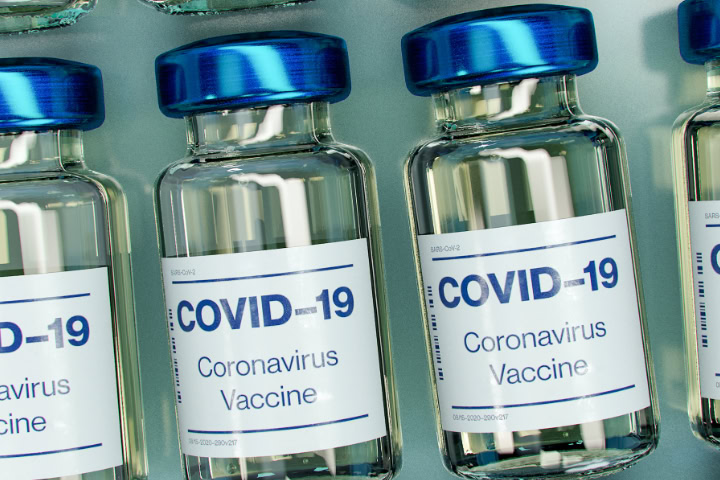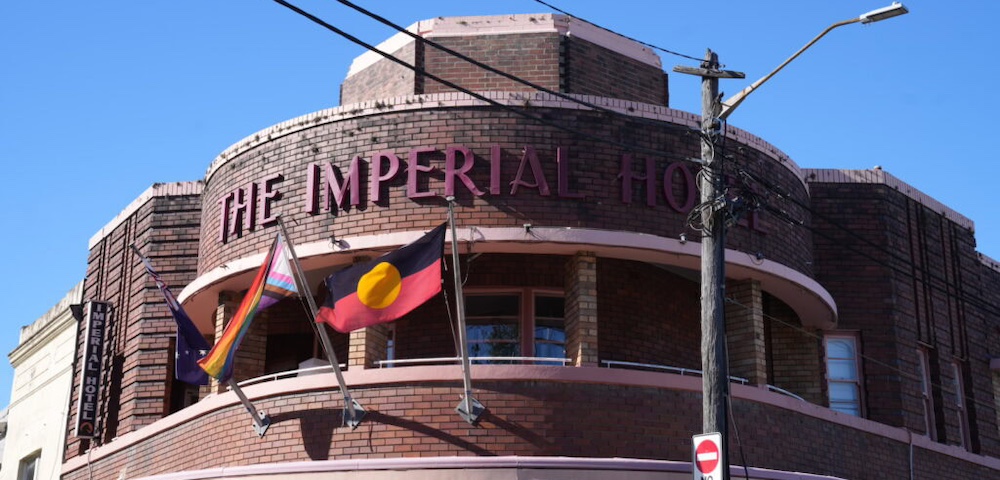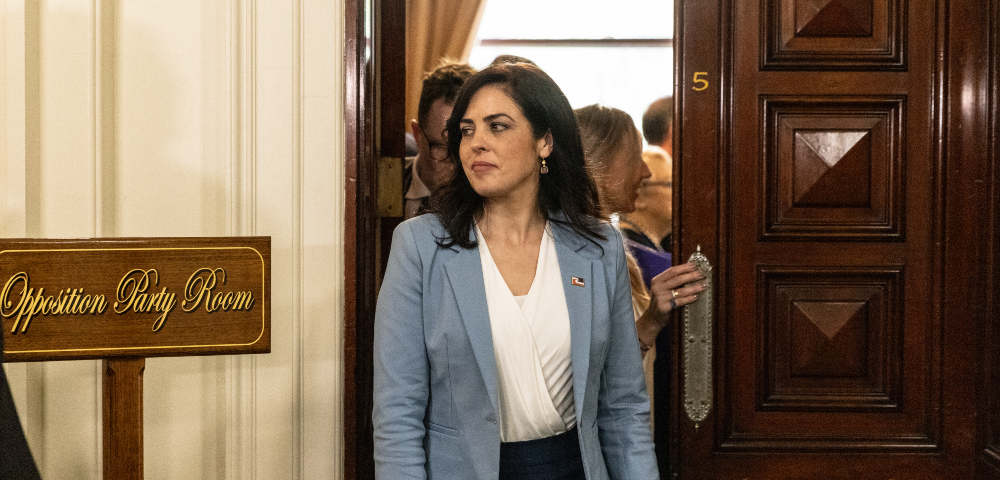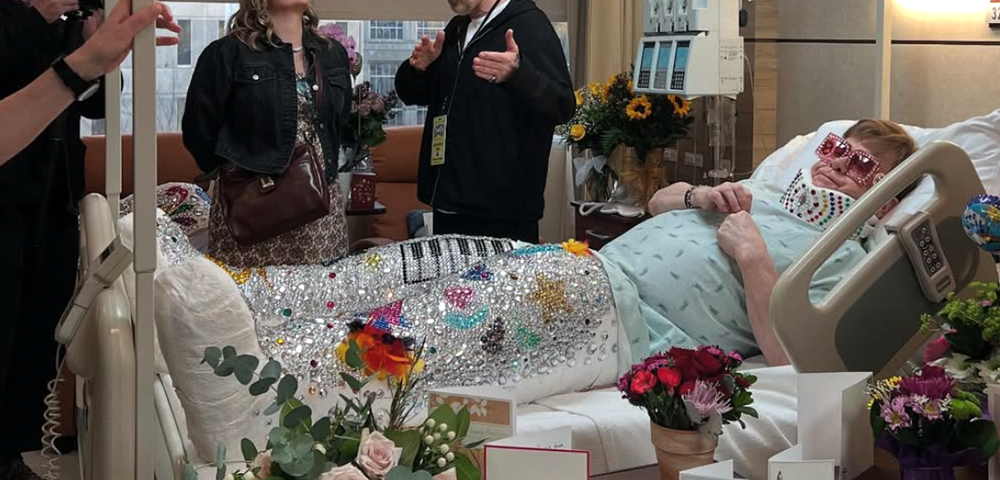
Australian COVID-19 Vaccine Abandoned After HIV False-Positives

The Queensland University’s COVID-19 vaccine program has been abandoned after several trial participants returned false-positive HIV results.
Working in partnership with the Australian biotech company CSL, UQ will abandon all current clinical trials after this discovery. Following these results it informed the Federal Government of the initial data on Monday, which was then referred to health authorities for urgent medical advice.
“The University of Queensland and CSL today announced that the Phase 1 trial of the UQ-CSL v451 COVID-19 vaccine has shown that it elicits a robust response towards the virus and has a strong safety profile. There were no serious adverse events or safety concerns reported in the 216 trial participants. However, following consultation with the Australian Government, CSL will not progress the vaccine candidate to Phase 2/3 clinical trials,” CSL said in a media statement on Friday morning.
“The Phase 1 data showed the generation of antibodies directed towards fragments of a protein (gp41), which is a component used to stabilise the vaccine. Trial participants were fully informed of the possibility of a partial immune response to this component, but it was unexpected that the levels induced would interfere with certain HIV tests,” said the statement.
CSL clarified that there was no possibility that the vaccine could cause infection, and routine follow up tests confirmed that there was no HIV virus present.
“With advice from experts, CSL and UQ have worked through the implications that this issue presents to rolling out the vaccine into broad populations. It is generally agreed that significant changes would need to be made to well-established HIV testing procedures in the healthcare setting to accommodate rollout of this vaccine. Therefore, CSL and the Australian Government have agreed vaccine development will not proceed to Phase 2/3 trials.”
CSL said that its phase 1 trial would continue to conduct further analysis of that data to show how long antibodies persist. The company said that studies so far had shown that the antibody levels were already falling. “The University of Queensland plans to submit the full data for peer review publication.”
The company said it was on track to manufacture approximately 30 million doses of the Oxford/AstraZeneca vaccine candidate, with the first doses planned for release to Australia early next year. “In addition, CSL has agreed at the request of the Australian Government to manufacture an additional 20 million doses.”
University of Queensland Vice-Chancellor, Professor Deborah Terry, thanked the 216 Queenslanders who had volunteered for the Phase 1 trials. Professor Terry added that although it was possible to re-engineer the vaccine, the team did not have the luxury of time needed. “Doing so would set back development by another 12 or so months, and while this is a tough decision to take, the urgent need for a vaccine has to be everyone’s priority.”
Sources with knowledge of the current trials said pathology tests had in the past weeks confirmed the positives were in fact false and the health of the participants had not been put at risk. The National Security Committee of Cabinet agreed to terminate the Morrison Government’s purchasing agreement on Thursday. This decision was made in line with expert health advice and fears the revelation would severely damage the Australian public’s confidence in the COVID-19 vaccination program, which was expected to begin early next year.
The Age and The Sydney Morning Herald reported that an anonymous health official said that on Thursday night the government had moved swiftly in the past 48 hours to secure tens of millions more doses of candidate vaccines, including from the Oxford University-AstraZeneca program.
UQ’s vaccine candidate used a protein and adjuvant platform, containing the COVID-19 spike protein and a “molecular clamp.” A small component is derived from the human immunodeficiency virus, known as HIV, that is not able to infect people or replicate.
“The University of Queensland’s decision to not progress with the COVID-19 vaccine is understandable, given the vaccine’s interference with HIV testing,” an Australian Federation of AIDS Organisations spokesperson said. “AFAO recognises the contribution and efforts of the University of Queensland and CSL and their commitment to public health.”
Through phase one of the trials there were 216 volunteers across two groups, aged 18-56 and 56 and over, with a proportion of the participants receiving the placebo.
Evidence released to the public so far shows from the clinical trials that the vaccine is safe and is said to produce a strong immune response able to neutralise the COVID-19 virus in lab based tests.
In the reports from The Age and The Sydney Morning Herald, a government source said that the Australian government’s Science and Industry Technical Advisory Group, headed by Health Department secretary Brendan Murphy and acting Chief Medical Officer Paul Kelly, had reviewed the findings this week and recommended ending the deal.
Usually vaccines take years of research and testing before reaching clinical trials, but the race is on for scientists around the world to produce a safe and effective coronavirus vaccine by next year.
On Thursday Scott Morrison said “just follow the medical advice” and of the four purchased vaccines he knew “not all of those would… necessarily get there.”
“We’re not doing anything without the health tick off. And that’s the Therapeutic Goods Administration in Australia,” he told Sydney radio station 2GB. “I want Australians to feel very confident that when we get to the point where we’re rolling out the vaccine, that they can feel very safe.”









